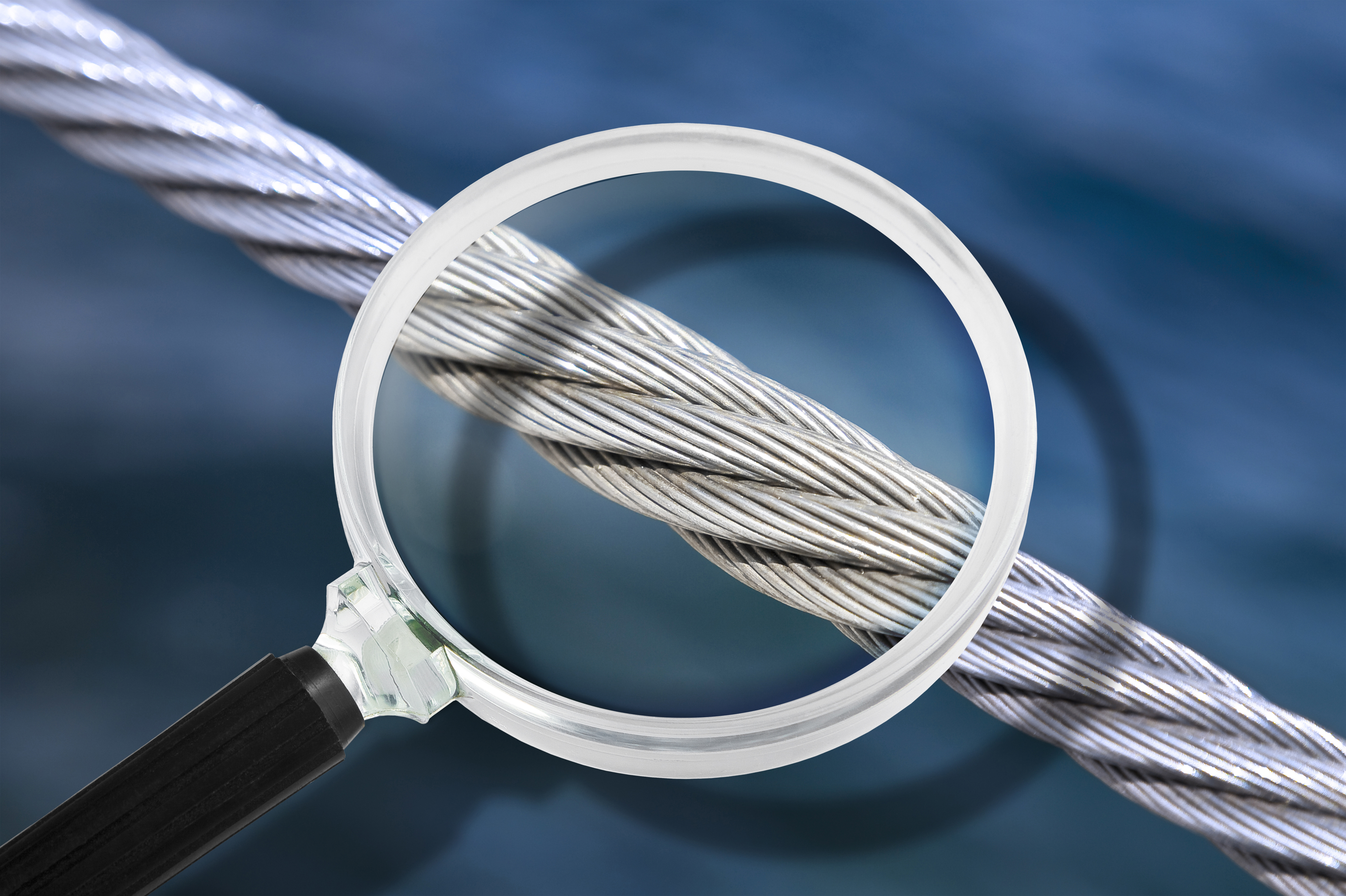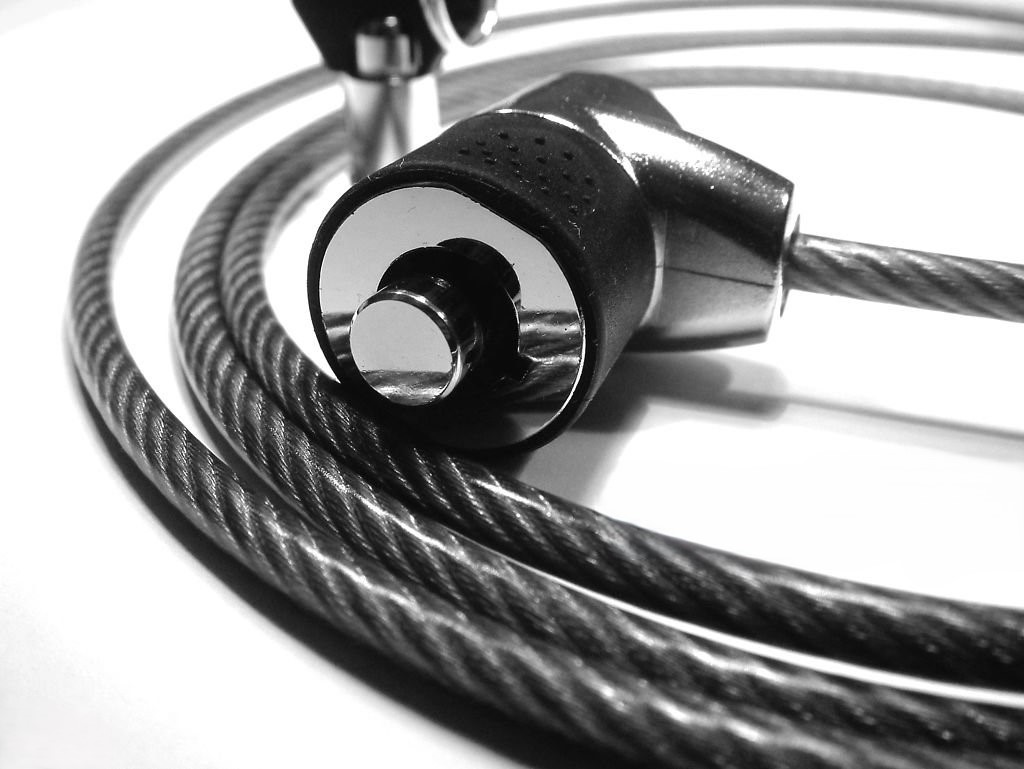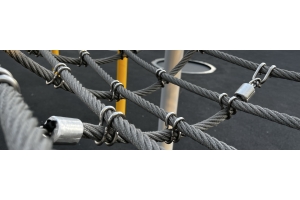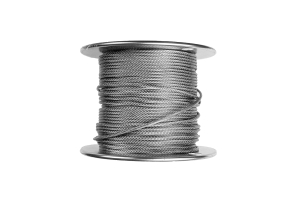Is Stainless Steel Cable Magnetic

Stainless steel is a great choice for many applications because it's tough, resistant to corrosion, and looks sleek. But one question that often comes up is whether stainless steel cable is magnetic. Let's dive into this fascinating aspect of stainless steel to uncover the truth about its magnetic properties.

The Peculiar Case of Stainless Steel
Stainless steel is a special type of alloy made up of iron, chromium, nickel, and other elements. It's designed to resist rust and corrosion, which makes it perfect for industries like construction, marine, and automotive. However, the presence of iron in stainless steel makes people wonder if it's magnetic.
The Science Behind Magnetism
To understand how stainless steel behaves magnetically, we need to delve into the world of metallurgy and physics. In its pure state, iron is magnetic and attracts objects. But when iron combines with other elements to form stainless steel, its magnetic properties can change depending on the mix of elements.
Debunking the Myth
Contrary to what many people think, not all stainless steel is magnetic. There are two main types: austenitic and ferritic. Austenitic stainless steel, which contains nickel and chromium, is usually non-magnetic. On the other hand, ferritic stainless steel, with a higher iron content, tends to have magnetic properties.
Testing the Magnetism
If you're unsure whether your stainless-steel cable is magnetic, you can do a simple test. Grab a magnet and see if it sticks to the cable. If it does, then your stainless-steel cable probably has ferritic stainless steel. If it doesn't stick, then it's likely made of austenitic stainless steel.
Practical Applications
Understanding the magnetic properties of stainless steel is important for various applications. In industries where magnetic interference is a concern, it's best to choose non-magnetic austenitic stainless steel to avoid any issues. On the other hand, if you need magnetic properties, ferritic stainless steel would be a better choice.

Conclusion
In conclusion, the magnetic behaviour of stainless-steel cables isn't the same across the board. It depends on the type of stainless steel used, which can vary greatly. By knowing these differences, you can make informed decisions when selecting stainless steel cables for your specific needs.
Next time you come across a stainless-steel cable, don't forget to test its magnetism to unveil the mystery behind its composition. Stainless steel may have some magnetic personalities, but the truth lies in the intricate blend of elements in the alloy.
Understanding the enigma of stainless steel's magnetism adds another layer of fascination to this versatile material. Whether it's magnetic or not, stainless steel continues to captivate us with its strength, durability, and aesthetic appeal.







